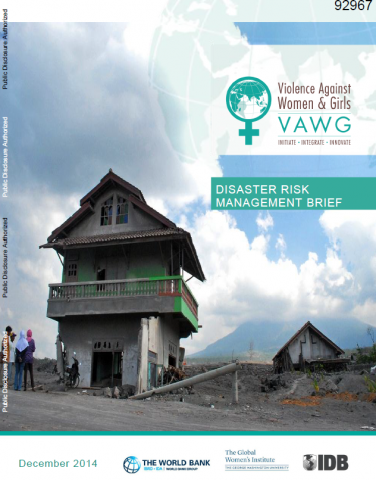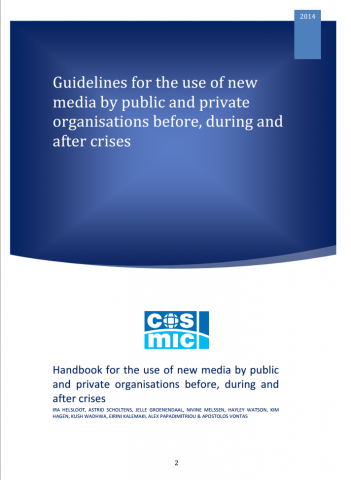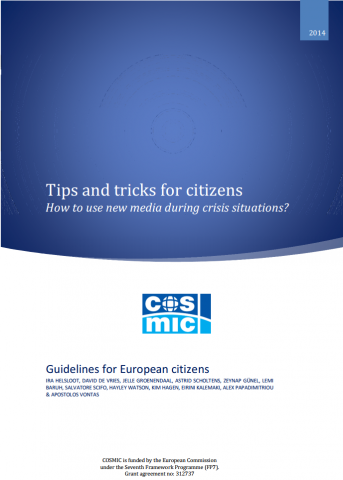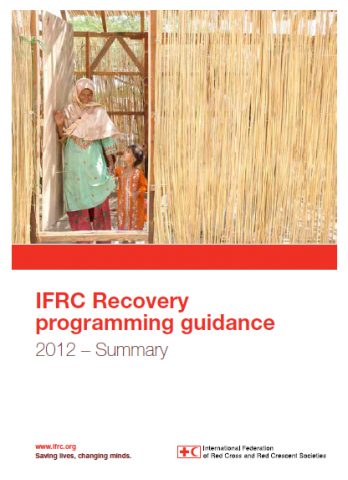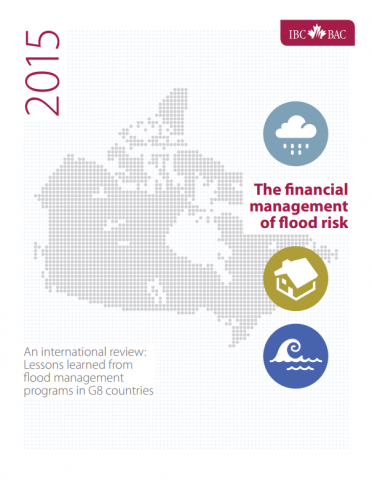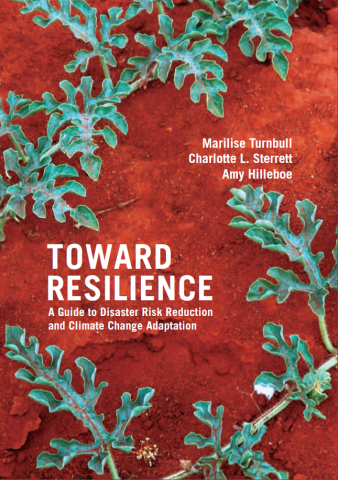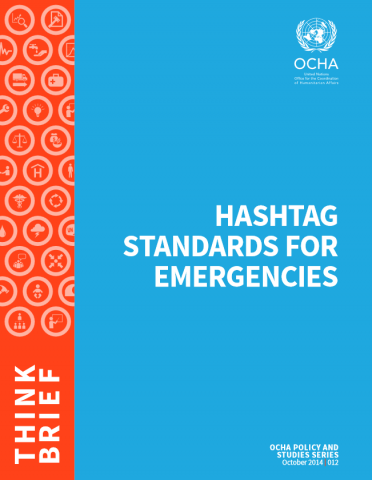Violence Against Women and Girls Resource Guide: Disaster Risk Management Brief
Abstract: Violence against women and girls (VAWG) has negative impacts on physical and mental health. Health care settings provide a unique opportunity to identify VAWG survivors, provide critical support services, and prevent future harm. Ample studies have shown that natural disasters, including tsunamis, hurricanes, earthquakes, and floods, disproportionately affect women and girls, who are at […]
Violence Against Women and Girls Resource Guide: Disaster Risk Management Brief Read More »

